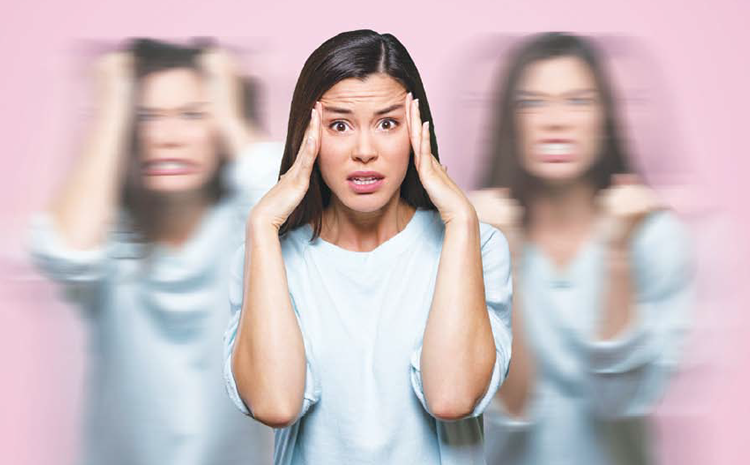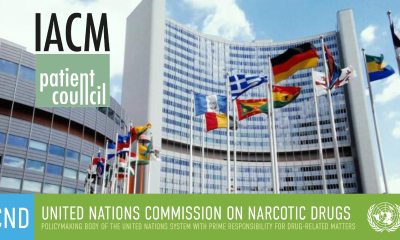One of the investigation carried out by Khiron LifeSciences and coordinated by Guillermo Moreno Sanz suggests that cannabis-based medicines, when used in a controlled clinical environment, can lead to significant improvement in symptoms associated with Borderline Personality Disorder (BPD), also known as Emotionally Unstable Personality Disorder (EUPD).
The follow-up study used data from the UK patient registry in the program entitled T21 and explored the experiences of seven patients diagnosed with BPD/EUPD who were prescribed cannabis-based medications through Zerenia Clinics located in both the United Kingdom and Colombia.
Most participants were under 30 years of age and had tried several conventional medications. Some had previously used cannabis obtained illegally. In the United Kingdom, patients were prescribed dried cannabis flowers and oral extracts with varying concentrations of CBD and THC, while in Colombia only oils were available on prescription. Participants were initially assessed and followed up one month later.
During the follow-up visit, prescribing psychiatrists rated the patient's improvement on the Clinical Global Impression Improvement (CGI-I) scale and patients were asked to complete the Patient Global Impression Improvement (PGIC) scale.
Six participants reported an improvement in symptoms, with five rating their change as a six on the PGIC scale, indicating a definitive improvement that made a real difference. The authors note that the only patient who did not report any benefit was treated with an oral extract alone, suggesting that rapid administration of inhaled THC or prolonged accumulation of oral CBD at higher doses may be more effective for patients with BPD/EUPD. .
Overall, the treatment was well tolerated and no adverse side effects were reported. The authors concluded that, although the results are limited by the small number of patients involved in the study and the fact that all those who reported benefiting from the use of cannabis flowers were already users with some experience, they believe that cannabinoids present a promising alternative treatment for BPD/EUPD and justify the need for further investigation.
“Cannabinoids may represent a new, effective and safe treatment alternative for patients with EUPD,” said Moreno Sanz. “Our results suggest that, when implemented in a tightly controlled clinical setting, CBMPs can provide substantial improvement in symptoms associated with EUPD, thus justifying the need for further research into this therapeutic strategy.”










































